Having a triathlon coach to mentor you, write your training plans—and (most importantly) to talk you off the edge when you are freaking out— is, in my opinion, money well spent. I have been a coached athlete since January of 2011, and I know it’s been the best thing for me.
There’s been a lot of chatter in our groups lately about coaching: Is it worth the money? What do I get for my coach? What should I get out of a coach? Do I really need a coach?
Here’s a quick starter about coaching and finding a coach who is right for you.
If you are not in a position to afford a coach, I would encourage you to find a triathlon club or even an online training group for accountability.
Yes, people can do this sport completely on their own—but having someone in your corner really does help—especially if you are just starting out.
You really aren’t THAT strange…
Having a coach is not that weird in the sport of triathlon. It’s true that triathletes may be the only group of people over the ages of twenty-four who do have coaches, but you will be surprised (and in a good way) at the way a coach will change your motivation, your goals and set your mind at ease about training.
Even my coach has a coach. If the coach has a coach, then we should all have a coach. Or something like that. Yes, having a coach costs money. Some coaches cost a lot of money. But sometimes, you’d be surprised—the cost per month for being a coached athlete is likely to be less than a few eating-out extravaganzas.
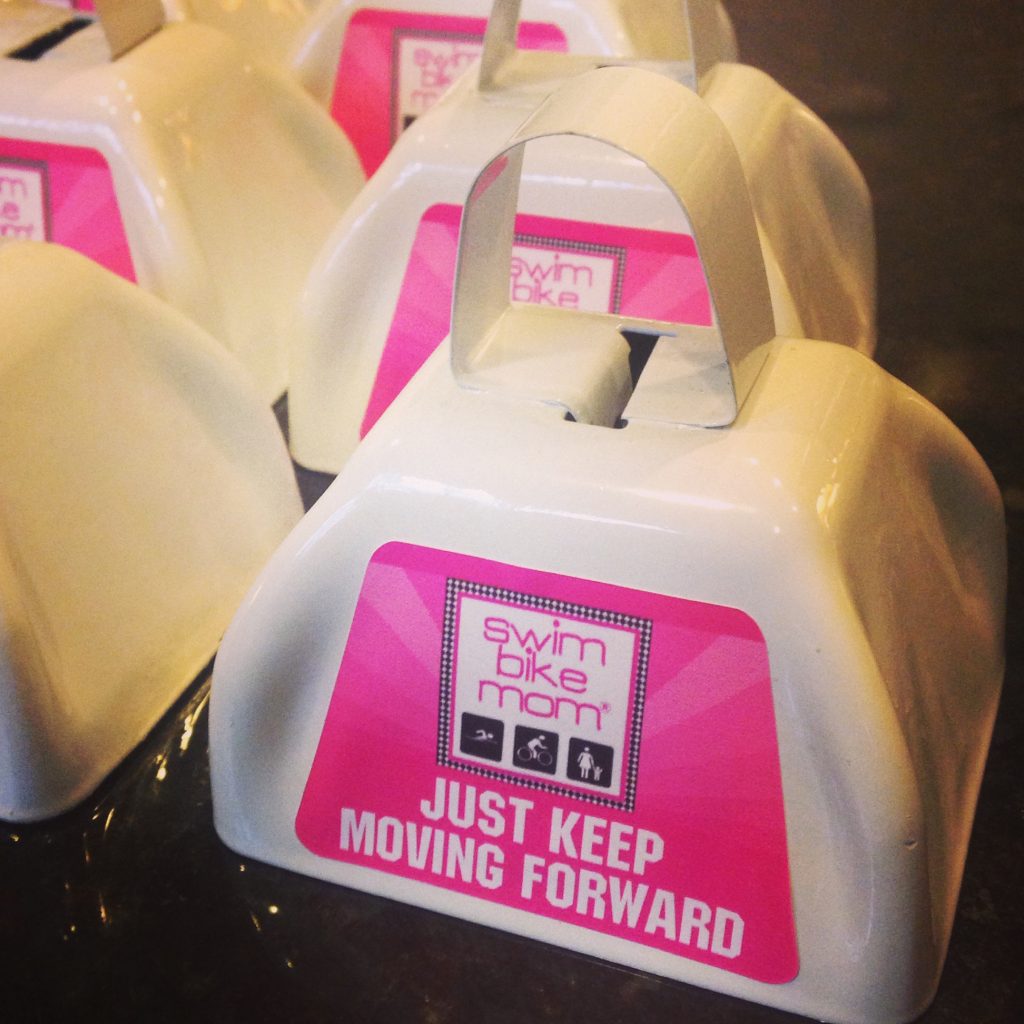

A good self-assessment is in order. Do you need people around for support? Or have you always been a get-at-it-alone type? Some people are self-motivators, others are not. I think that’s the first question.
“Well, I have done five Ironmans without a coach!” someone will inevitably post in the comments.
Yes, of course… but I have done TWO, and I can’t FATHOM how I would have made it without my coaches. No way. Personality-wise, I need people (not a non-speaking training plan) to help me, bounce ideas, motivate me. Period. That’s me. You must figure out what YOU need.
Coaches Know Things
I hired my first coach to help get me to my first Olympic distance race. One telephone conversation with him and I learned more about triathlon than from most of the books I had ingested.
I had approached my training semi-correctly up until that point because I had attempted to swim, bike, and run. But other than that—I was not doing much else correctly. I learned quickly the hows and whys… and it made more sense. Period.
And yes, certified coaches know more than those who haven’t been through training. [Argue all you want. I’m sorry, but it’s true. ]
Coaches Should Be Nice. Really.
Your coach should be nice. Well of course your coach should be nice to you, you might say. Yes, I agree. It sounds simple. But I know people who have crappy, mean-spirited coaches. Why put yourself through that? Insanity.
You can find almost any triathlete who might be willing to coach you—and for cheap. But do not fool yourself: you often get what you pay for. And also, the coach-athlete relationship is a relationship. You would not be friends with someone who sucked or was constantly mean. So do not put up with a mean, sucky coach no matter how cheap they are.
I may be chunky, but my coach has never said, “You know, you’d be a lot faster if you lost some weight there, Two Ton.” (Even though it’s true). And while we discuss nutrition and diet, he waits for me to bring it up. Once weight is in conversation play, he gives me advice and we discuss. I find this wonderful, because my sensitivity is then removed from the game. If I bring it up, we discuss it. If I am quiet, he says nothing.
Other coaches might look at an athlete like me and say, “Thanks, but no thanks. Not until you lose fifty pounds.” You have to find the right coach for you—someone who enjoys the challenge of a beginner, or someone who can get you to your first Ironman.
No Brainer
The no-thinking about the workouts is a nice benefit to a coach. I wake up, read my plan and (usually) do what I am told. When I am too busy to even remember my shoe size, I like the no-brainer aspect.
You just show up. And you do. Like a triathlon robot. And I like that.
Certified coaches are trained in all sorts of things like periodization and knowing how to set up a training plan just for you. It’s really a cool thing, and I think pays huge dividends comes “big” race time.
Personality
Find a coach who is a good match for you, personality-wise. My coach does not let me slack, but at the same time he understands my struggles and issues. He’s tough, which is also good for me. Plus, we have the same demented sense of humor. You want someone who thinks like you—or at least, relates to you on some level.
Understanding Your Goals
If your coach believes you should be running a six-minute mile and you just started running yesterday, then she might not be the best coach for you. Some coaches may have been tri-ing for so many years that they have lost a grip on what it means to run a twelve-minute mile (on a good day).
Your coach should recognize your goals, no matter how crazy.
But your coach should also understand your life, your family and your (true) limitations. By “true” limitations, I mean your working hours, number of kids and the like—not your lame-o excuses as to why you could “never” become a triathlete.
Get Your Expectations In the Realm of Reality
From being an athlete and now a coach, I know that it’s important to have expectations in check when you hire a coach. You need to address what you expect from your coach from the outset. And you also, need to be realistic. You cannot expect your coach to attend every one of your races if they are local. That’s insanity. Maybe your “A” race? Sure. But maybe not, also. You also must understand that your coach probably doesn’t coach full-time, as their job. So this is a limiter for most of them. He or she is likely also a triathlete with “A” races and training and life too–so set some realistic expectations and understand what the deal is from the outset.
Most of the girls I coach are remote and I coach from afar–so we have an online or text “relationship.” I am available for them whenever they need me–for a text or a call or whatever–but I can’t fly out to Washington state for a race (and they don’t expect me to). For my local girls, we try and get together (when the weather is warm! heh heh) for rides or events or races (like Augusta this year), and just get together for some one-on-one time. I had four girls racing Augusta 70.3 this year, so I made a point to get out there for them.
But yes, it is a relationship and we all work together to try and work the best plan and times possible.
Your End of the Bargain
As athletes, we have a duty to try not to drive our coaches up the wall. Note that I said “try.” We also have a duty of hard work. If you are paying money for a coach, then for Pete’s sake, pay attention to the coach and work hard. But, you also must reach out to your coach when you are worried, injured or concerned. An open dialogue and communication is a must.
I have coached girls who just fall off the planet, and then I think they resented me when I didn’t beg them to come back. I certainly check on my ladies when they disappear–but a good coach isn’t going to chase you down and beg you to run. That’s what you are paying her for–to get the info–not to babysit you.
After I wrote this post, I received a great reader comment, which I thought needed to go in:
“Your coach will keep you from training stupid. Personally, I would have no problem following a written plan. But I’m also the gung-ho personality who thinks that if 3 miles is good, 5 is better. If running an 8:30 is good, then 7:45 is better. My coach spent the majority of my first season trying to get me to slow down and be less stupid. A friend summarized it like this: without coaching, you probably won’t go hard enough on the hard days, or easy enough on the easy days. Amen to that.”
Excellent point!
How Much Will It Cost Me?
Be prepared to shell out between $100 and $500+ a month for a coach. (Wow, that was helpful!) There are “going rates” in each part of the world, and you can ask around to find out what the “going rate” is in your area. (I would really assess carefully if someone is charging less than $100 a month. It’s probably too good to be true. Really.)
However, remember to assess the qualifications of the coach, ease of access and how he or she fits into your goals and life plan when you are assessing cost. Just because someone will coach you for $50 a month… doesn’t mean they “should”.
Know When To Say When
Sometimes the hardest thing to do is knowing when to end a relationship with your coach. It’s so tough to do, but sometimes it’s just time. Having a new perspective and a new “friend” in the sport (e.g., a new coach) can also be fun.
Where do I find a coach?
There are a million coaches out there. Yes, I am a coach. But sometimes, the best way to find a coach is word of mouth. Who at the swimming pool knows a good coach? Who loves their coach? Ask around, and you’ll be surprised who you might find.


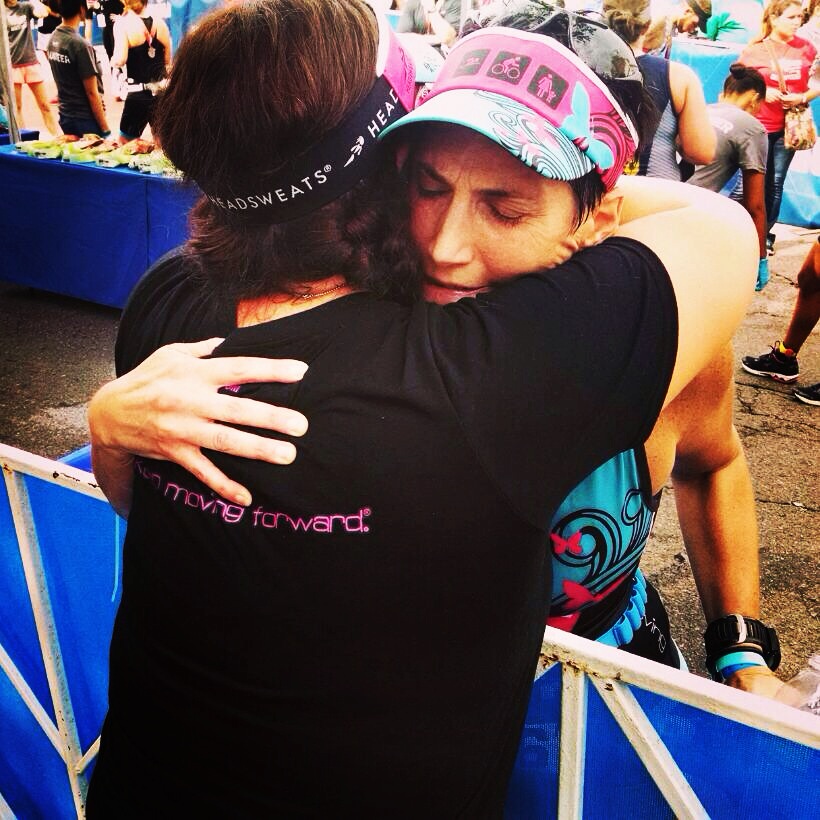
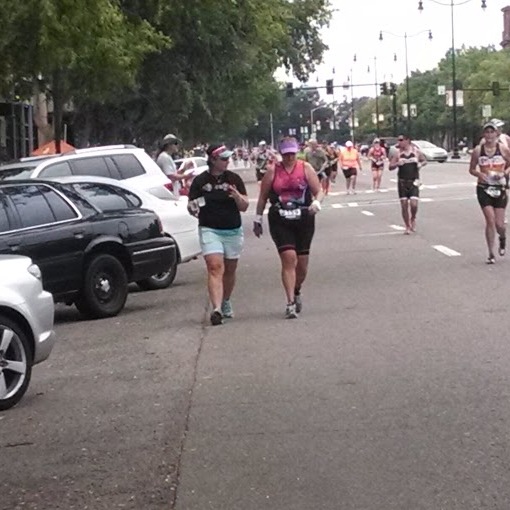
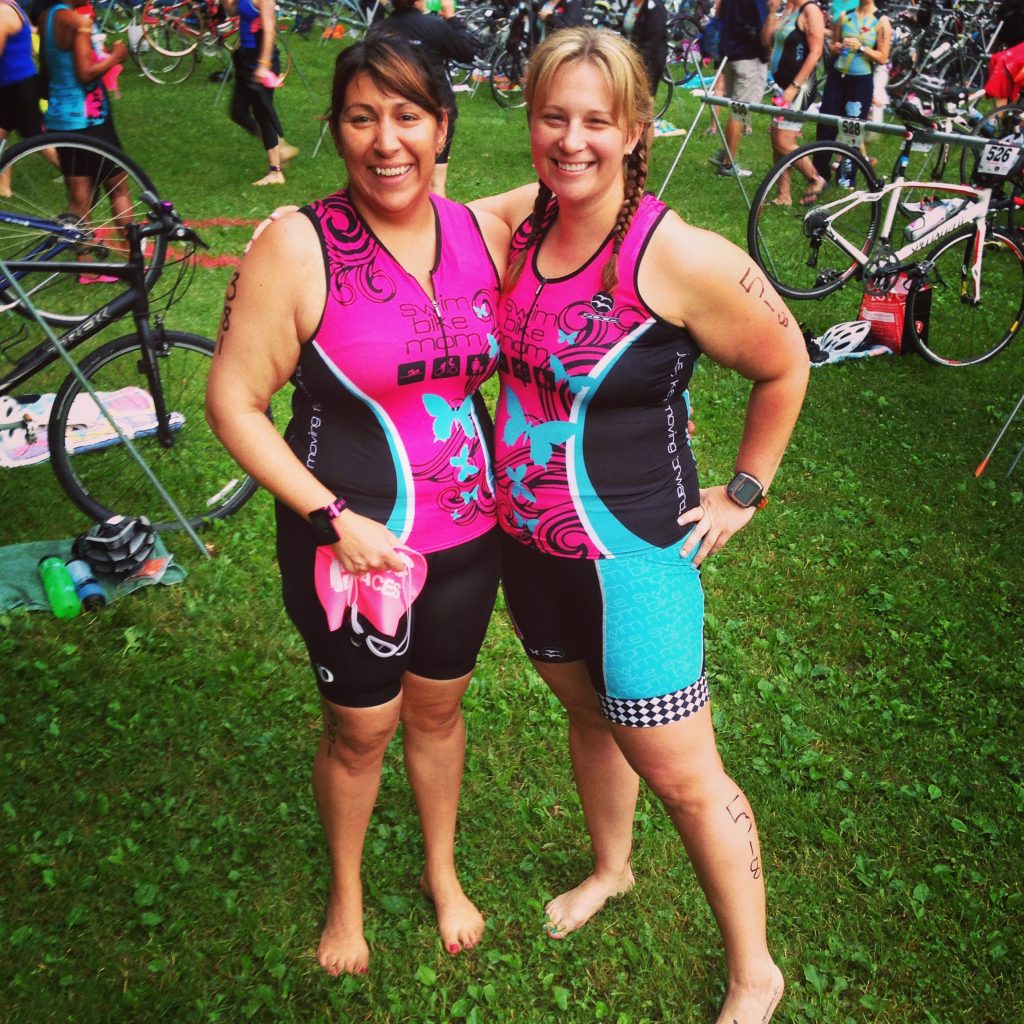
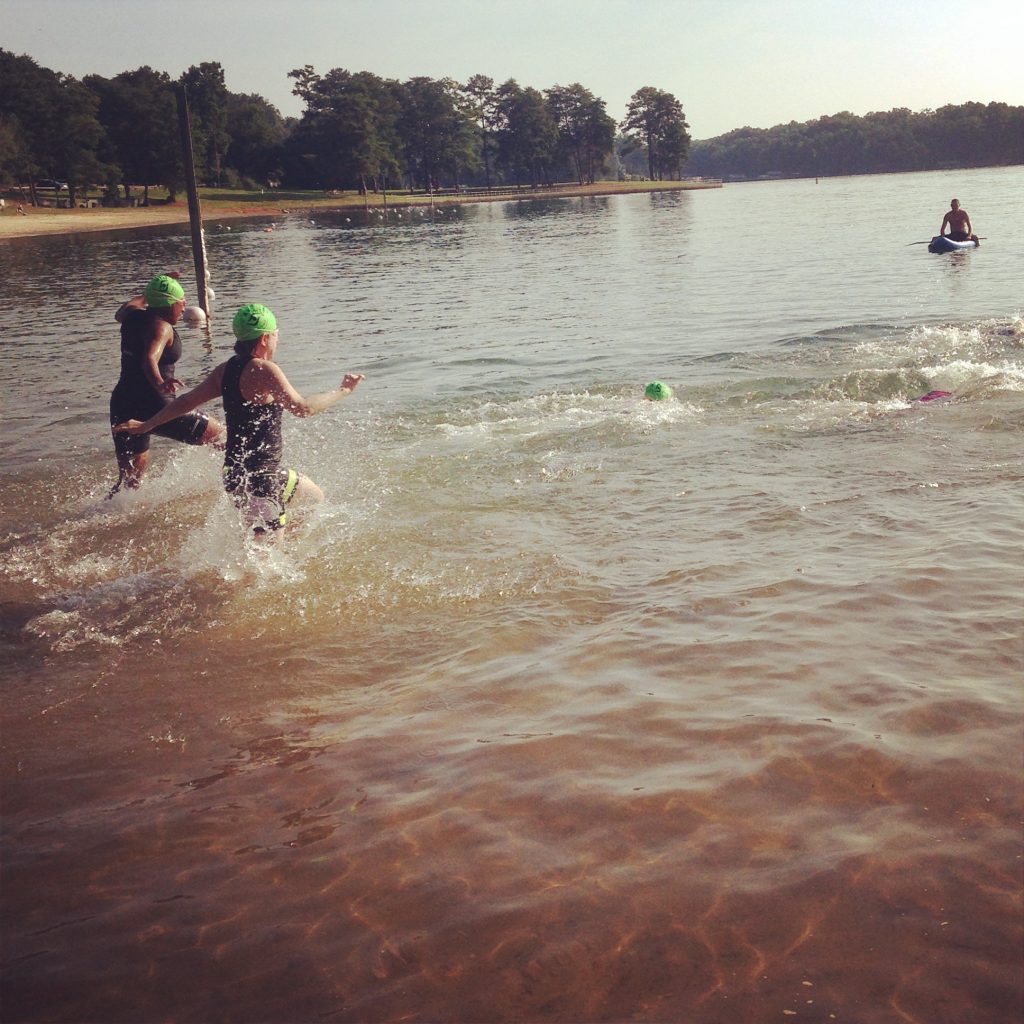
Good list, second that point on personalities match!
I trained without a coach and now with a coach: both approaches work for me depending on my goals.
How would you recommend finding a triathlon club? This is something I’ve looked for, and googled for, but so far no luck. I’m sure they exist, I just can’t find them. 🙂
YES! Great article! I’m totally cross-posting to my blog.
I signed up with LLS-Team in Training and got a professionally trained tri coach for my first “official” triathlon in 2012. I cannot begin to tell you how much I learned. My swim stroke efficiency improved so much that I went from almost 3:00 100s to 2:10 100s, and sprinting at 1:46! Last year I had a tri coach, LIZ WEIDLING of REDLADIES TRI in Kansas City. I don’t live there, but she coached me online and when we could, in person. She was always at my events (except the one in Nebraska) and is my biggest cheerleader–besides my hubby.
In person coaching is better, but I will never give up Liz!
Besides money, my biggest objection to hiring a coach is that I like that finishing a triathlon is purely my own achievement. All me, no “coach says”. I figure if it’s my ass that’s going to be sore, it’s going to be based on what I decide to do. I’ll also point out that even a virtual coach requires extra time for communication, and one in person has to be met for appointments etc.
Where are you? THere are usually several tri clubs (even women specific clubs) in most bigger cities. Or here’s an idea….start one! 🙂
Great post! I’ve been lucky enough to work with some good coaches over the years (in triathlon and otherwise), and I agree – there very much is a difference between a coach and a training plan.
🙂
I would add (and this is from personal experience) that if your coach is training himself/herself for a BIG race (70.3 or more) and are coaching quite a few people, then they are NOT at their best to focus on what you need. They are just sharing a training plan and it’s usually with many others they are coaching. (I actually got notes meant for another client about some type of injury I never had!) I have had two virtual “coaches” and my times were better when I wasn’t using one. I am a self motivator, so it’s really going to take a special situation/coach for me to shell out the big bucks again!
MA, about 20 miles north of Boston.
http://www.trifind.com/Clubs/FindATriathlonClub.aspx
Thanks ma’am! I knew it had to be something obvious hidden just under my nose! 🙂
“It’s true that triathletes may be the only group of people over the ages of twenty-four who do have coaches, ”
Just what planet are you on? Yet another who in all probabilities fondly imagines because you are involved in triathlon, that it is a sport which is different from any other, and there has to be a ‘special’ way to prepare (that doesn’t involve learning your craft with knowledge and hard work, and can be shortcut by buying an expensive piece of kit, preferably made of tungsten!) In my experience, athletes in ALL sports at ALL levels and at ALL ages may have a coach and benefit from that, whether it’s within a Club or as an individual. I have 30+yrs experience as a competitor and coach in athletics, distance running, swimming, cycling and triathlon (over 200 multi-discipline events including Ironman), and coach competitive swimmers up to mid 70s.
Wow, Phil. You’re awesome. IT WAS A JOKE. The whole post is about the benefits of a coach.